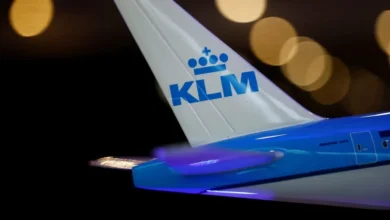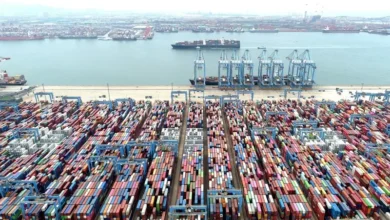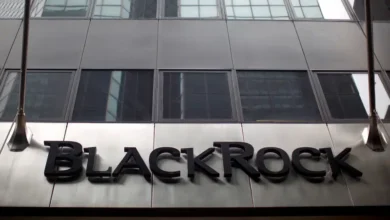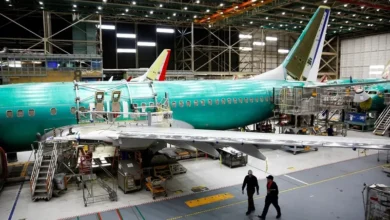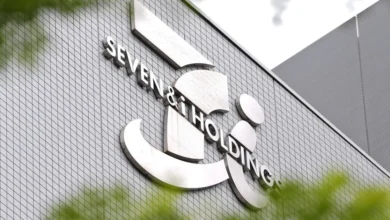Fake Labubu dolls ‘Lafufus’ are taking over China’s market

The hype for Pop Mart’s Labubu dolls is still on the rise. However, with a product’s popularity comes knockoffs sold for less than a fraction of the original’s price, and Labubu dolls have also fallen victim to bootleg copies.
According to Dexerto, “Lafufus” recently witnessed a surge in production, leaving the market flooded with fake Labubu dolls, which made tracking down authentic Labubu dolls difficult. Additionally, vendors and stores are selling “Lafufs” for as low as $10, a tempting price tag in contrast to Pop Mart’s original, which costs a hefty $30 per doll (excluding scalper prices and dolls with different rarities and editions, which can cost up to $5000).
While Labubu dolls were first launched in 2019, the viral dolls only gained traction recently when Blackpink’s Lisa was spotted with one attached to her bag. Moreover, celebrities such as Rihanna, Post Malone, and Dua Lipa also caused an explosion in the dolls’ popularity after endorsing them.
Fake Labubu dolls ‘Lafufus’ are taking over China’s market
Lafufus usually differ from Labubus in terms of quality, appearance, and packaging, as reported by fans of the product. However, similar to other products on the market, some fake versions have become hard to distinguish from the original.
For fans worried about whether they bought a fake Labubu, fellow customers urged individuals to check the product’s packaging for Pop Mart’s logo and an official scannable QR code to avoid mistakes.
According to The Economic Times, Chinese authorities took legal action against “Lafufu” dolls, seizing over 46,000 of them due to warnings regarding black market exploitation and violations of the original IP, Pop Mart.
However, China’s efforts to seize fake Labubu dolls weren’t enough, as many fans still prefer purchasing counterfeit products, especially fed-up parents getting constantly nagged by their children for the viral doll.
While the issue regarding Lafufs exists, Labubus’s success made its founder, Wang Ning, one of China’s youngest billionaires.


